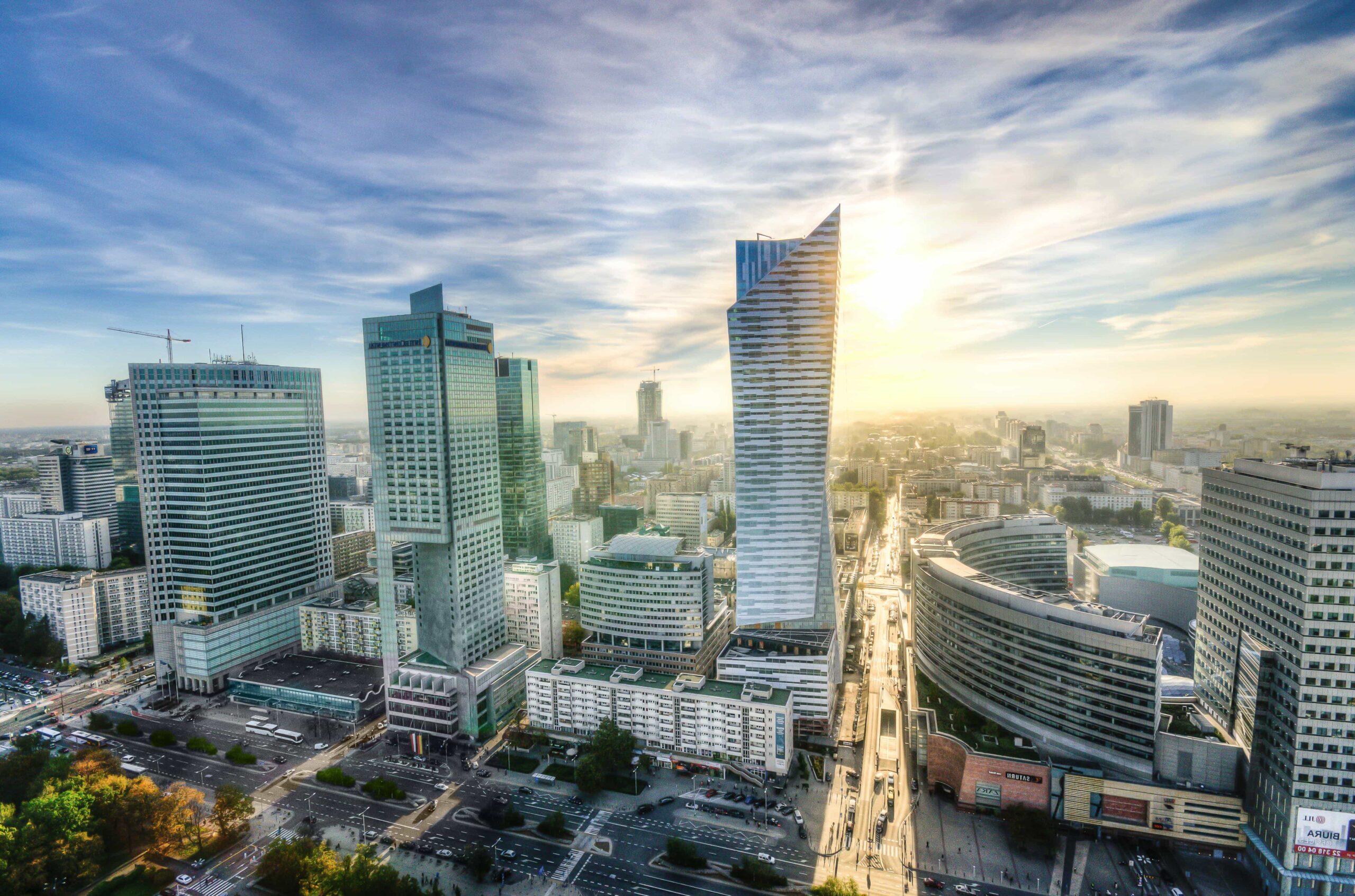Climate change without funding to adapt cities is a serious risk. This was warned by UN-Habitat, the United Nations agency for human settlements.
During the World Urban Forum (WUF12) held in Cairo, Egypt, the agency made reference to the “World Cities Report 2022: Cities and Climate Action.” This is the main document for analyzing the issue.
The world faces a future of climate change and rapid urbanization with strong consequences.
Not only will it expose 2 billion people to average temperatures at least 0.5 degrees higher by 2040, but it will do so with a fraction of the investment needed to adapt infrastructure to prevent associated risks.
Climate change without funding: the serious risks
 The tragic floods in southern Brazil are an example of the catastrophes of climate change.
The tragic floods in southern Brazil are an example of the catastrophes of climate change.
The “World Cities Report 2022: Cities and Climate Action” is the main analysis document developed by UN-Habitat, the United Nations agency for human settlements.
It provides perspectives on how cities contribute and at the same time are victims of climate change, presented at the World Urban Forum (WUF12) in Cairo.
This document, over 400 pages and published every two years, analyzes in detail all aspects of cities and urban planning from the perspective of the climate crisis.
This includes political management, such as poverty and inequality, green spaces, growth, or infrastructure, while offering policy recommendations to solve these problems at a local and global scale.
“Cities are receiving less than 20% of the necessary funding for effective climate action, and they are struggling to attract funding, particularly for small-scale local projects,” the document states.
According to the report, cities need an estimated $4.5 to $5.4 trillion annually to build and maintain climate-resilient systems and infrastructure.
However, current funding barely reaches around $8310 million annually: “only a fraction of what is required.”
In fact, Rossbach mentioned in the presentation that the focus now is to put “cities at the center of the climate debate” so the world is aware of this urgent need for funding.
Uncontrolled urban growth and climate change without funding
Other details from the document indicate, for example, that pressures from uncontrolled urban growth have resulted in a systematic reduction of green spaces in many urban areas, with a decrease in the global percentage of these spaces from 19.5% in 1990 to 13.9% in 2020.
The document also points out that there is an increasing concentration of people living in urban centers in areas that will be or are already exposed to environmental risks, which will result in “an increasingly urbanized impact of climate change.”
Significant increase in global temperature
 Climate change will strongly impact temperature rises in urban areas.
Climate change will strongly impact temperature rises in urban areas.
In this scenario, 36% of the global population will live in cities with an average annual temperature of 29 degrees.
Other details from the document indicate, for example, that pressures from uncontrolled urban growth have resulted in a systematic reduction of green spaces in many urban areas. This is a decrease in the global percentage of these spaces from 19.5% in 1990 to 13.9% in 2020.
Have you visited our YouTube channel yet? Subscribe now!

